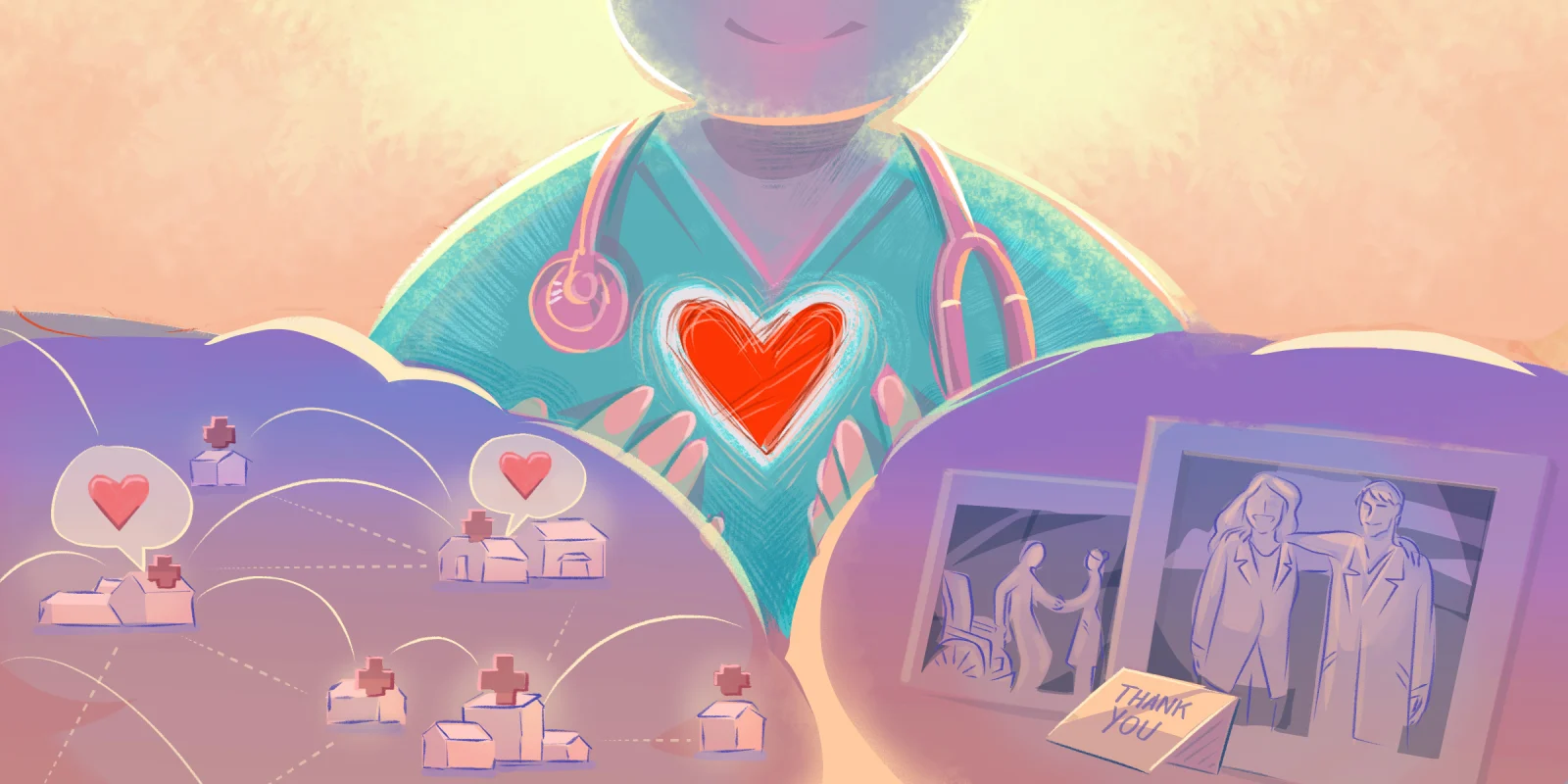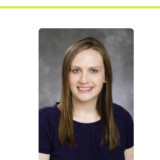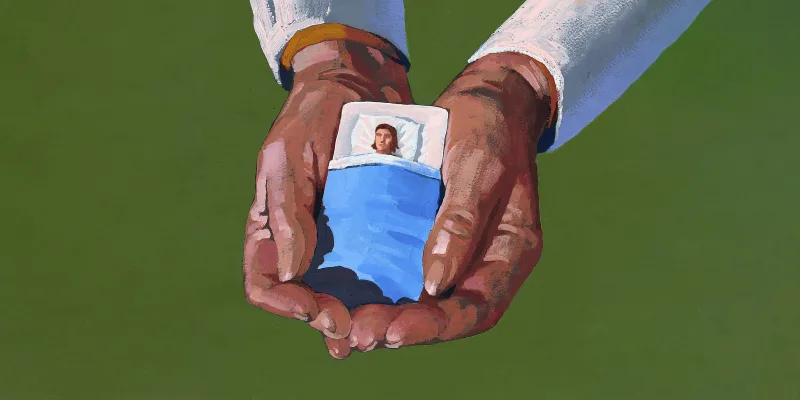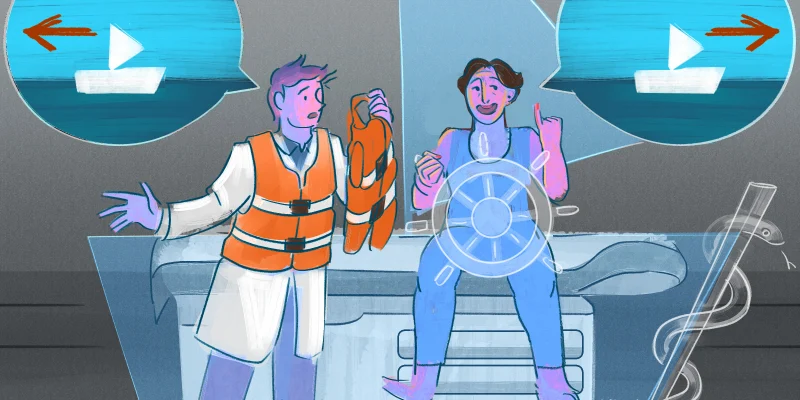It was deep into the night in a middle of a busy call shift. The patient had been pushing to try to deliver her baby vaginally for several hours. Things were not progressing as they should have been and, although the baby was tolerating all of this without issue, her mother was becoming fatigued. After I assessed her efforts, I offered a vacuum-assisted vaginal delivery, sometimes called an operative vaginal delivery. Generally, if this type of assistance does not cause a vaginal delivery to occur, a C-section is offered. She decided to proceed with the vacuum-assist, but we abandoned this effort when it did not move the baby fully out after a few contractions. Although the baby had not yet delivered, no concerning changes had occurred, so I discussed with my patient the option to continue to push for a little bit longer. I was nervous about this pattern of events and kept a close eye on the clock. We were all thrilled when a vaginal delivery occurred. Both mother and baby were safe and we had been able to avoid doing a C-section.
Weeks later, the patient came to see me for a postpartum exam. Although I had not met her prior to the night of her delivery, she brought me a thank you card. It read, “You were the person that was meant to be at our daughter’s birth.” It was interesting to me, at the time, that she viewed the birth of her baby in that way. For me, the experience had been stress filled and uncertain up until the very end. But for my patient, the process of her baby’s birth was a part of a bigger working of the universe, something that was destined to happen in the way that it did.
Obstetrics is certainly a field in which amazing things occur each day. It’s commonplace, even, and easy to lose sight of the fact that we balance on the edge of life and possible death each day. In other fields, this same story plays out. Sometimes this is on a larger scale, such as with trauma surgeries or ICU patient care, or a smaller scale, like ensuring that the proper diagnosis of treatment of small ailments like UTIs and allergic reactions occur so as to prevent escalation to a larger problem.
Just like with any job, sometimes the work we do seems rote. Another patient to see, another note to write, another medical mystery to solve. Specific to my job, when I am spending time in a room with a patient who is pushing with her contractions to deliver her baby or I am standing next to her prior to her C-section, I have started to try to pause and wonder to myself about the marvel of those moments. How, I wonder, is it that of all of the moments in my life, I have come to this one? How did the choices I made lead to me being a part of this person’s life in this way?
On a smaller scale, it’s a little trickier to translate this to feeling lucky I get to write a prescription for a steroid ointment or awed at the privilege of performing a laparoscopy, but the sentiment holds true in those situations as well. Unlike almost anything else, medicine brings us to the edge of something that is intangible yet crucial to everything else we do: taking care of the lives of others. Many — and maybe most — of the people we will help are strangers. They may become closer than strangers for brief amounts of time, but in fact the majority of interactions are temporary and something often taken for granted. Patients accept the help they need from us and continue on with their lives, as we often give that help without second thought or question. Bigger reflections (in the form of thank you notes such as that from my patient or even in the form of recollection in conversation) are rare. I think, however, that it is important to pause and examine how our lives are intertwined with those we care for and the meaningful events of theirs.
Medicine is a career where we work every day like it is a job while being surrounded by wonders big and small. In our turn on this planet, I can’t help but feel that these moments are a powerful and beautiful gift. Recently, one of my children was telling a story about his class dissecting seeds. The teacher told them that there was a little spot on the seed that was like a belly button, the spot on the seed where it fell off of its mother plant. My son said to his teacher, “I know all about belly buttons because my mother is an ob/gyn.” In our day-to-day lives at home, I have often discussed topics such as the uterus, placenta, and umbilical cord with my children, some examples of little things with big meanings. Perhaps in what is a microcosm of medicine, a bit of the bigger picture that succinctly encompasses all the bits of amazing that we are privileged to partake in, my son ended our conversation with the following (and I had to agree): “Mom, you kind of have a cool job.”
If you're a parent to young children, what do your kids understand about your job? Would you describe your job as "cool" or something else? Share in the comments.
Jill Moes is an obstetrician/gynecologist working in St. Paul, MN. She loves fireworks, weddings, books, thinking about life, and trying to keep up with her three busy boys. Dr. Moes is a 2021–2022 Doximity Op-Med Fellow.
Illustration by April Brust







